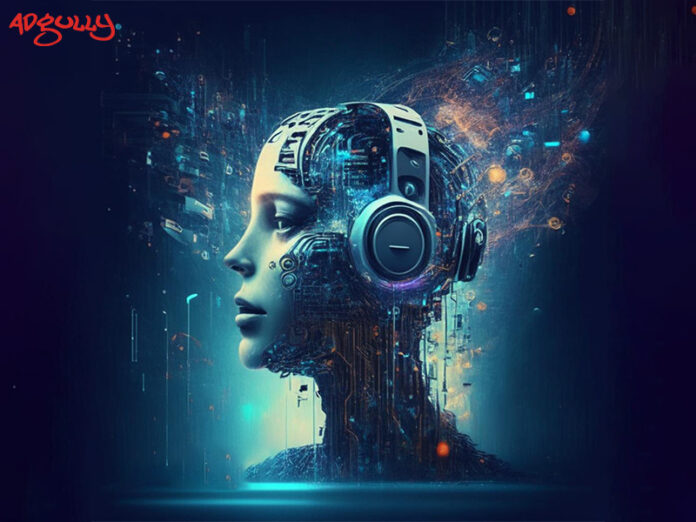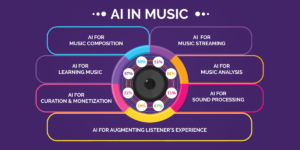Artificial Intelligence (AI) has been revolutionizing various industries, and music production is no exception. From composing new melodies to enhancing the quality of recordings, AI is transforming the music industry in ways that were previously unimaginable. This article explores the various ways AI is shaping the future of music production and what this means for artists, producers, and listeners alike.
The Rise of AI in Music Production
AI’s involvement in music production can be traced back to the early experiments with computer-generated music. However, it is only in recent years that AI has made significant strides, thanks to advancements in machine learning and data processing. AI algorithms can now analyze vast amounts of musical data, learn from it, and create original compositions that are indistinguishable from those created by human musicians.
AI in Composition and Songwriting
One of the most exciting developments in AI music production is its ability to compose music. AI-powered tools can generate new melodies, harmonies, and even lyrics. Companies like OpenAI have developed models such as MuseNet and Jukedeck, which can create music in various styles and genres. These tools analyze patterns in existing music and use this knowledge to produce original compositions.
For songwriters, this means having a digital assistant that can provide endless inspiration and help overcome writer’s block. AI can suggest chord progressions, generate melody lines, and even help with lyrics, making the songwriting process more efficient and creative.
Enhancing Music Production Quality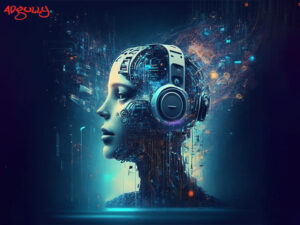
AI is also improving the quality of music production. Tools like LANDR and iZotope use AI to master tracks, ensuring they sound polished and professional. These tools analyze a track’s audio characteristics and apply appropriate adjustments to optimize the sound quality. This technology is particularly beneficial for independent artists who may not have access to expensive mastering studios.
Moreover, AI can assist in mixing music. By analyzing different elements of a track, AI algorithms can suggest the best levels for each instrument, ensuring a balanced mix. This not only saves time but also helps producers achieve a high-quality sound without extensive technical knowledge.
Personalized Music Recommendations
Streaming platforms like Spotify and Apple Music leverage AI to provide personalized music recommendations. These platforms use machine learning algorithms to analyze users’ listening habits and suggest new songs and artists that match their preferences. This personalized approach enhances the listening experience and helps users discover new music that they might not have found otherwise.
AI and Music Collaboration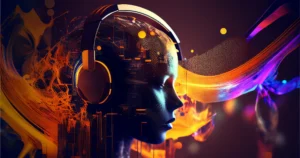
AI is also fostering collaboration between human musicians and machines. Artists like Taryn Southern and Holly Herndon have used AI to co-create music, blending human creativity with machine intelligence. These collaborations result in unique and innovative sounds that push the boundaries of traditional music.
Additionally, AI can assist in real-time music performance. Tools like Google’s Magenta project enable musicians to interact with AI in live performances, creating dynamic and spontaneous music. This opens up new possibilities for improvisation and experimentation in live shows.
Ethical Considerations and Challenges
While AI presents numerous opportunities in music production, it also raises ethical considerations and challenges. One major concern is the potential loss of jobs for human musicians and producers. As AI becomes more capable, there is a fear that it could replace human creativity and artistry.
Another challenge is the issue of originality and copyright. AI-generated music is based on existing data, which raises questions about ownership and intellectual property. Determining who owns the rights to AI-generated music can be complex and may require new legal frameworks.
The Future of AI in Music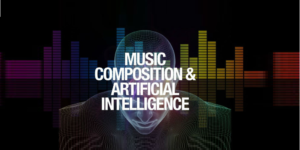
The future of AI in music production looks promising. As technology continues to advance, we can expect even more sophisticated AI tools that can create, produce, and perform music. AI will likely become an integral part of the music production process, offering new ways for artists to express themselves and connect with their audience.
Moreover, AI could democratize music production, making high-quality tools and resources accessible to a wider range of artists. This could lead to a more diverse and inclusive music industry, where talent and creativity are the primary drivers of success.
Conclusion
AI is undoubtedly reshaping the future of music production. From composing and songwriting to mastering and mixing, AI is revolutionizing how music is created and experienced. While there are challenges to navigate, the potential benefits of AI in music are immense. As artists and producers continue to embrace this technology, we can look forward to a new era of musical innovation and creativity.



